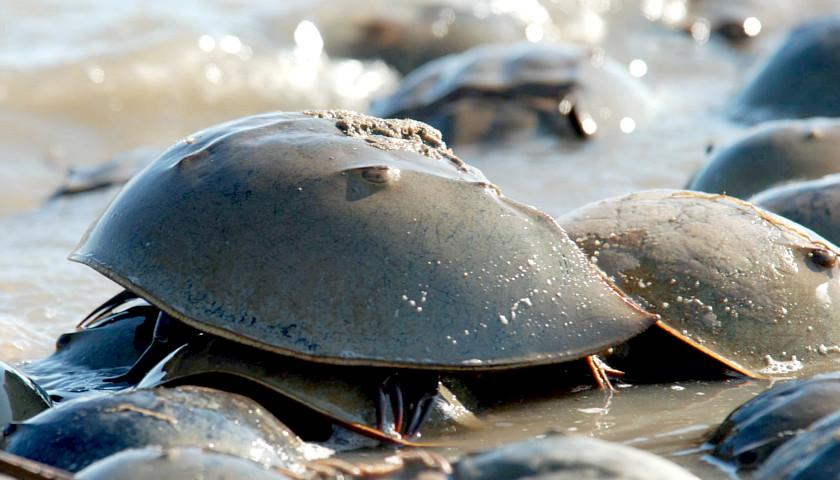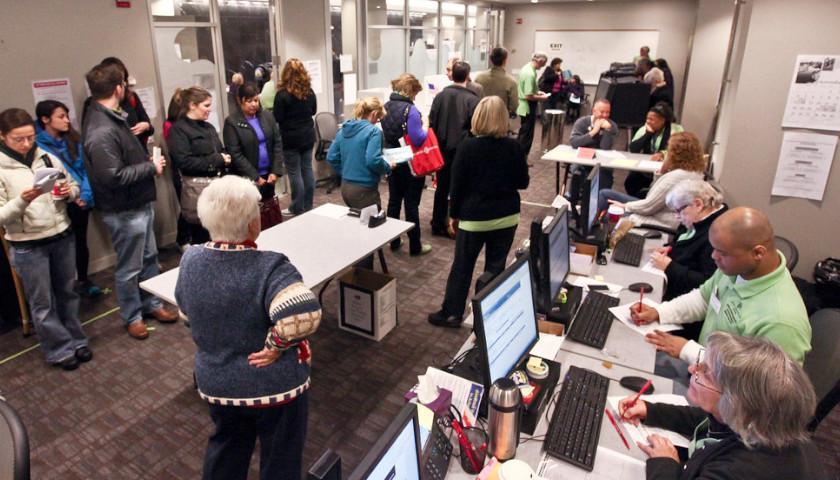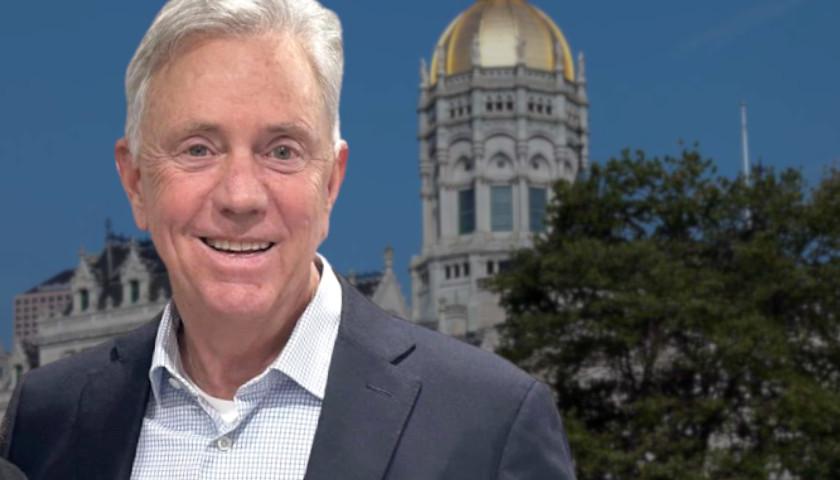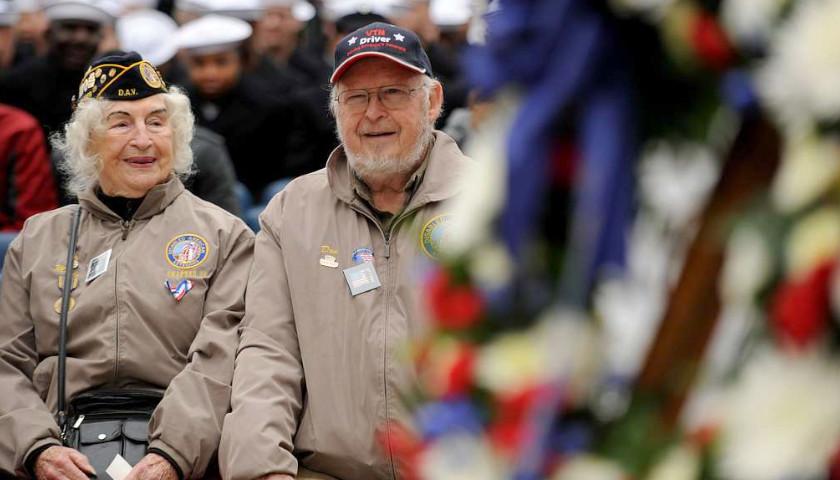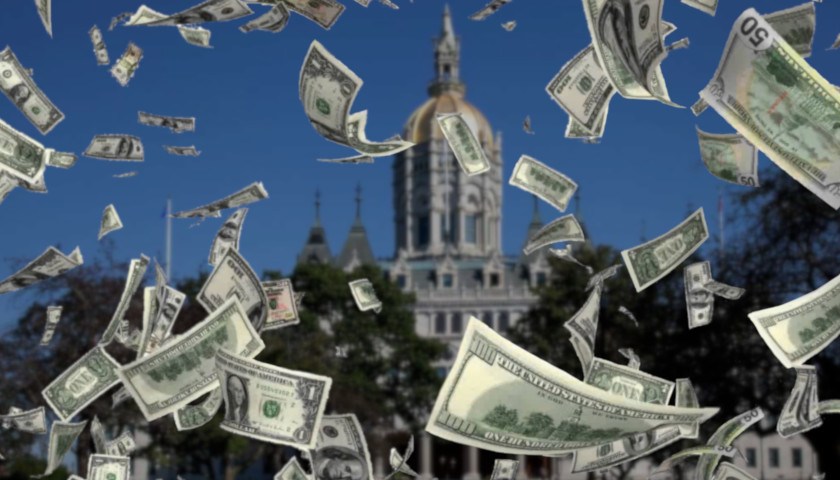by Christian Wade
Connecticut has banned the harvesting of horseshoe crabs along its coastline amid concerns about the ecological health of the species, which is prized for its life-saving blue blood.
The ban, approved by the state Legislature, outlaws horseshoe crab hand harvesting beginning on October 1. Anyone caught violating the law faces a $25 fine for each crab harvested. There are exemptions for scientific and medical purposes if it is determined that doing so will not harm the overall horseshoe crab population.
Gov. Ned Lamont, who signed the bill on Wednesday, said the number of horseshoe crabs in Long Island Sound and throughout the Atlantic Coast has been “severely depleted” in recent years, raising concerns that the species could go the way of the dinosaurs.
“This ancient species that has been around longer than the dinosaurs could be driven into extinction from overharvesting,” Lamont said in remarks.
The biomedical community prizes horseshoe crabs for their life-saving blue blood, but the increasing demand for horseshoe crabs is raising concerns about the well-being of the prehistoric species. They’re also sought after by commercial fishermen to use as bait for catching whelk and eels.
Harvesters collect tens of thousands of horseshoe crabs every year and bring them to laboratories where they are bled and later return to the sea, with an unknown number of the animals killed during the process. The blood is coveted for proteins that can be used to screen medical products for bacteria, such as vaccines and new medicines.
In recent years, their use by the biomedical industry has increased dramatically amid demand for developing new vaccines, including COVID-19 disease.
More than 700,000 crabs were brought into research facilities in 2021, the highest number ever, and that has more than doubled in recent years, according to the Atlantic States Marine Fisheries Commission.
Experts say the demand has placed a strain on the species, exacerbated by the COVID-19 pandemic, where there was an increased need for toxin detections in vaccine development.
In neighboring Massachusetts, state fisheries managers recently announced the first biomedical catch quota for horseshoe crabs, limiting how many can be harvested annually.
On Monday, the U.S. Fish and Wildlife Service issued a ruling that calls for the end of horseshoe crab harvesting in the Cape Romain national wildlife refuge in South Carolina from March 15 to July 15. The agency cited concerns about the health of the species, which is also an important food source for federally protected migratory birds.
In his statement, Lamont called on other Northeast states to “join this growing coalition and enact similar laws to protect the population in their waters.”
– – –
Christian Wade is a contributor to The Center Square.

